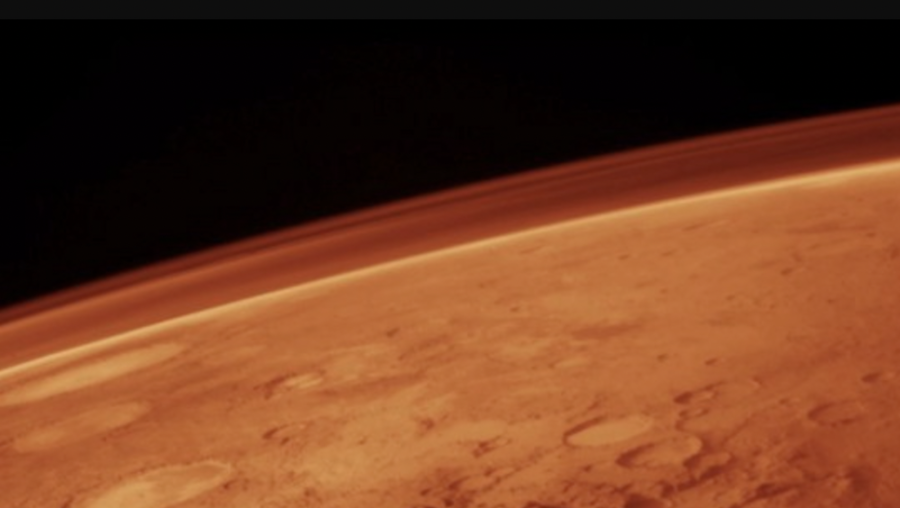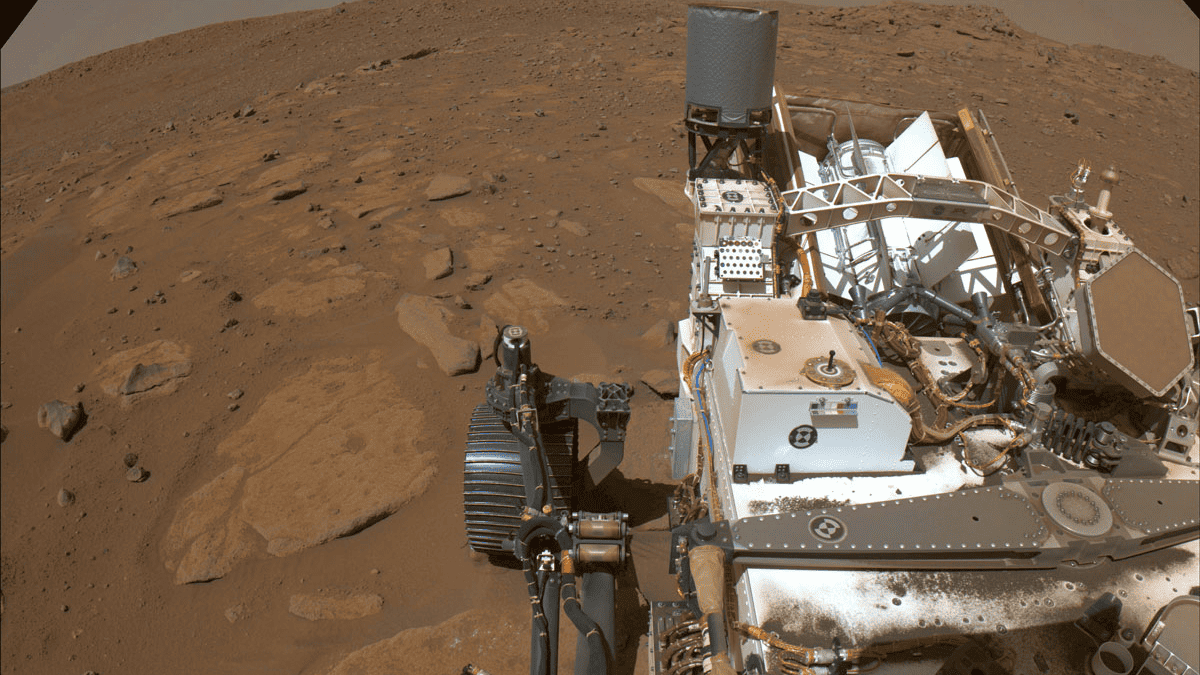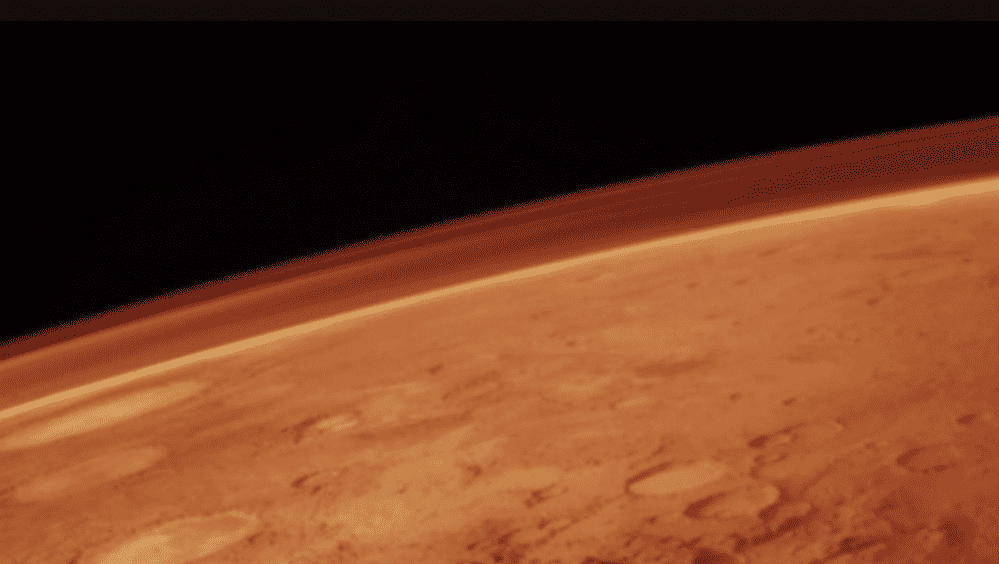
NASA’s groundbreaking plans for Mars have recently hit a stumbling block with the decision to cut funding for the Mars Sample Return mission, stirring confusion among stakeholders. Lawmakers have condemned the move as “short-sighted and misguided,” highlighting the program’s recent budget challenges, as reported by Politico.
Members of Congress from California, led by Democrats Rep. Adam Schiff and Sen. Alex Padilla, have penned a letter to NASA administrator Bill Nelson expressing concerns about the impact of the decision on jobs and scientific progress. They underlined the potential loss of up to a decade of advancement and criticized the timing of the budget cuts during the appropriations stage, defying congressional authority.
The slash in funding would have a significant impact on NASA’s Jet Propulsion Laboratory in California, the hub for Mars-related robotics development. Additionally, the decision seems to contradict Nelson’s own goals of countering global competition from other spacefaring nations like China, which is also working on a Mars sample return mission.

NASA’s Mars Sample Return mission, involving the Perseverance rover and a collaboration with the European Space Agency, holds the promise of groundbreaking scientific discovery. The Perseverance rover is on a quest to collect Martian rocks and dust in tubes for future retrieval, where the ESA will play a crucial role in the process.
The next step involves the deployment of a rover named Fetch to retrieve the tubes from the Martian surface, which will then be transported to a spacecraft for the journey back to Earth’s surface for analysis. However, the recent funding cuts may jeopardize the 2030 launch window for the retrieval lander, as highlighted in a report by Politico.
An independent review of NASA’s Mars mission in September revealed that the project’s budget and schedule were unrealistic from the start. The initial $4 billion budget has the potential to balloon up to $11 billion, which may have factored into the space agency’s decision to propose budget cuts. The final funding for the project will be contingent on congressional appropriations.
Currently, a House bill is under consideration that would grant NASA’s full funding request of $949.3 million, while a Senate bill would only allocate $300 million. Meanwhile, the space agency has a temporary funding patch and will operate on last year’s budget until the February 2 deadline.


